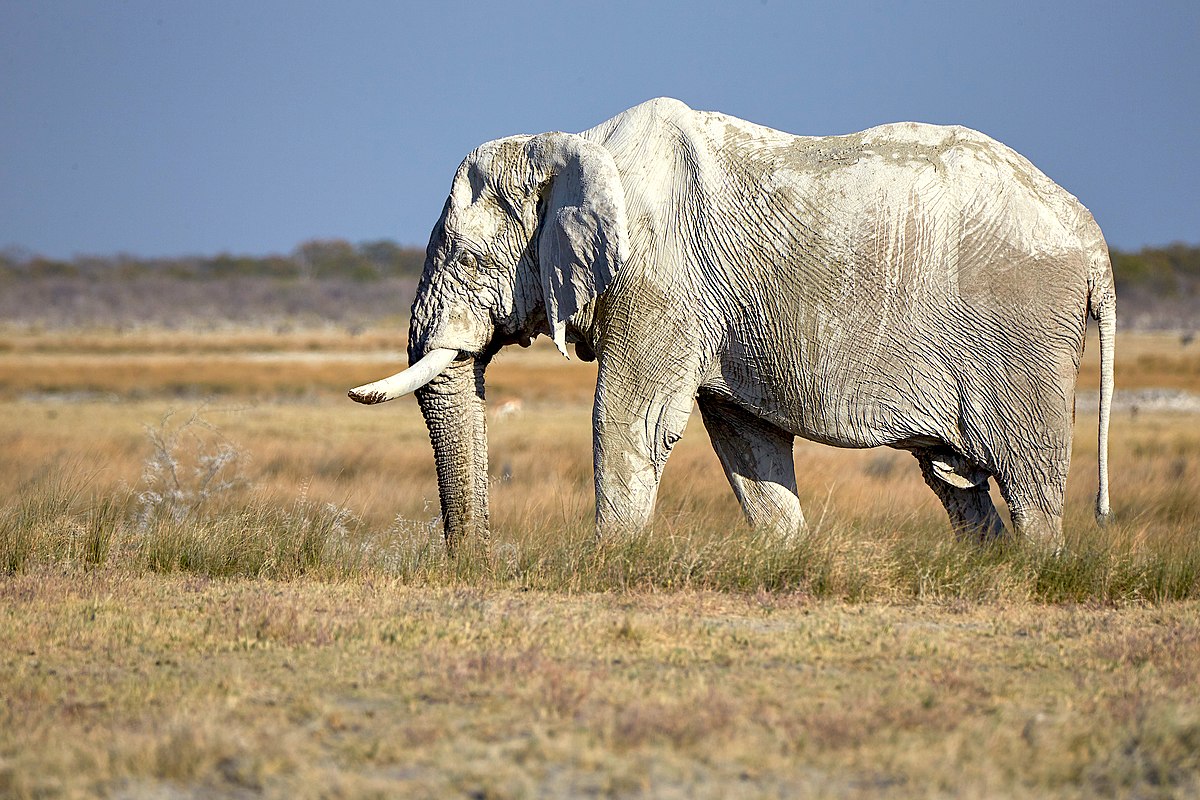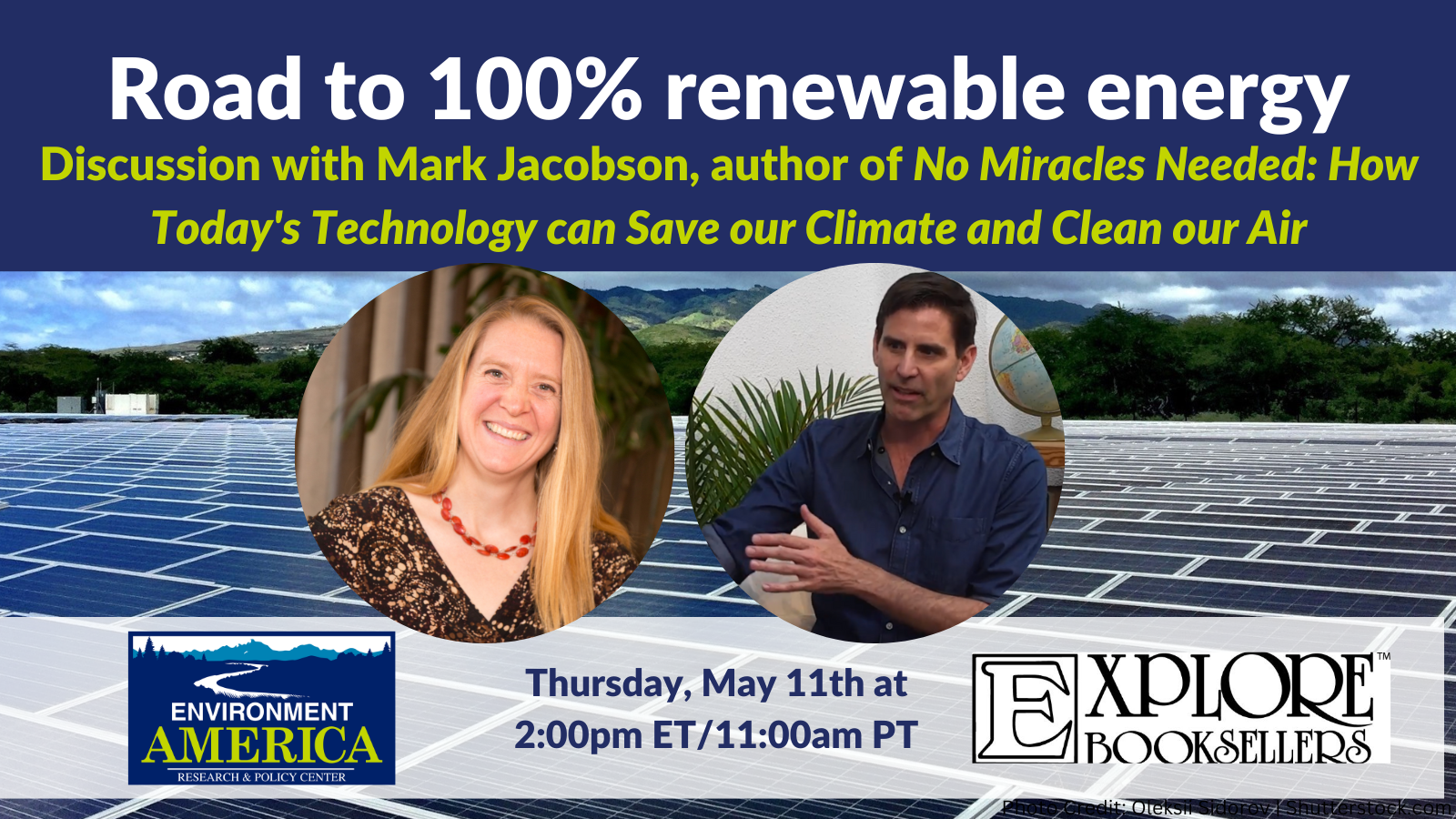
Which bills passed? Alaska Legislative Session 2023
The Alaska 2023 legislative session has wrapped. Some of our priority bills are sitting on the Governor’s desk, others did not reach the finish line this year. However, bills still waiting for votes will have another opportunity to move next year, starting where they left off. Here is our quick synopsis of the 2023 session.

The Wins
The Renewable Energy Grant Fund was set to end, and HB 62 extended it indefinitely. This fund provides financial resources to renewable energy projects in the state, and will help Alaska transition away from fossil fuels.
HB 8 regulates e-bikes as bicycles in state statute. This will allow folks to more confidently invest in an efficient form of transportation with knowledge of where and that they’ll be able to ride it.
The legislature passed a bill (SB 67 & HB 51) to prevent the use of PFAS in firefighting foam. Toxic PFAS ‘forever chemicals’ persist in our environment for a very long time and are linked to numerous health issues including cancer, development issues, fertility problems, and more. This bill is good for our water, health, and firefighters.
Budget Wins
The budget allocated a large sum of money to the ferry system, one of the most efficient transportation options for our coastal communities. Funding will go to purchasing hybrid ferries, fixing docks, increased service, and more.
The state did not budget to take over wetland permitting from the EPA. Alaska obviously has an enormous amount of wetlands, and it’s important the Clean Water Act is well administered. Taking over wetland permitting and doing a good job would require significant financial and labor resources. Based on what the state could reasonably devote right now, it’s unlikely the program could be administered in a way that would ensure the permitting program could operate at the high standard we expect, so it’s better that the program is staying with the EPA.
The good stuff carrying over to 2024
Waste
Senator Dunbar introduced our Right to Repair bill (SB 112), and it’s awaiting its first hearing. The bill would require manufacturers to release the spare parts, tools, and information necessary to repair our electronics to independent repair shops and equipment owners. This will help reduce e-waste and save Alaskans money. Take action here.
Energy
The Renewable Portfolio Standard (SB 101 and HB 121) will require utilities in the railbelt to transition their generation sources to 80% renewable by 2040. Setting standards for transition toward renewable energy is one of the best ways to ensure we move off fossil fuels to protect our climate, air, and water. Read more and take action here.
A green bank provides financial resources for the proliferation of renewable energy technologies. Right now, there are funds from the Inflation Reduction Act that can be filtered through a green bank to help finance renewable energy projects in Alaska. This bill (HB 154 and SB 125) would set up a non-profit green bank through the Alaska Housing Finance Corporation.
A bill (SB 152) was introduced right at the end of this session to allow for community solar. Community solar allows folks who don’t have the right roof or full funds for a solar array to share the costs and benefits of a renewable energy installation with some of their neighbors. This is a great way to help speed up the proliferation of rooftop solar. This bill will need to be scheduled for hearings in the Spring.
Unfortunately, it hasn’t died yet
HB 143 would help pave the way for so-called “advanced recycling” facilities in Alaska. That name is a misnomer- it’s not really recycling and instead a ploy from the plastics industry to reduce concern about waste. The facilities are incredibly energy intensive and use dangerous chemicals. This kind of operation distracts from the real solutions to our plastic waste crisis.
Topics
Authors
Dyani Chapman
State Director, Alaska Environment Action
Dyani is the state director of Alaska Environment and runs campaigns to promote clean air and water, open spaces, and a livable climate in Alaska. She lives in Anchorage and loves to hike, ski and hang out with her family.
Find Out More

Alaska Environment’s 2024 Priorities

Renewable Energy and Conservation: Is there an elephant in the room?

A look back at what our unique network accomplished in 2023


